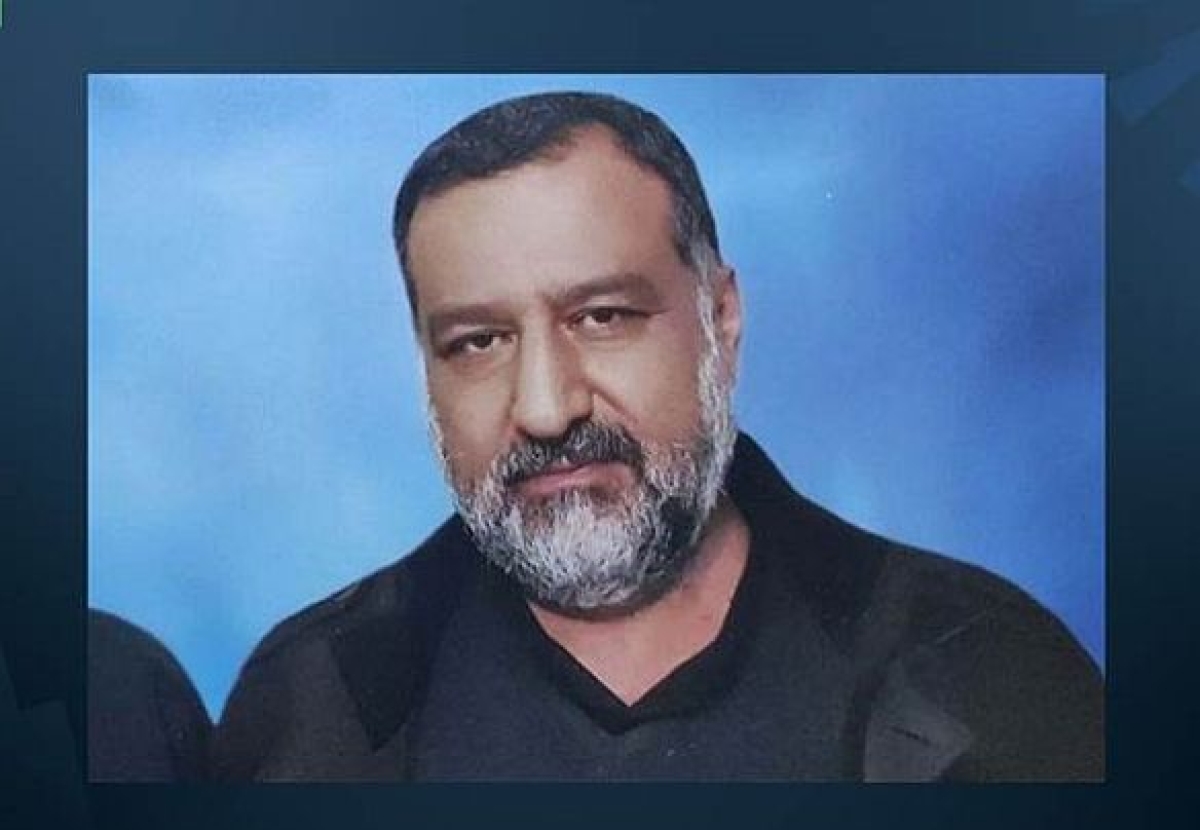Welche Auswirkungen hat die Tötung eines hohen Revolutionsgardisten in Syrien?

Seyyed Razi Mousavi, Bildquelle: Tansimnews
Vergangenen Montag tötete das israelische Militär einen ranghohen Offizier der Revolutionsgardisten in Syrien. Das könnte zu einer Eskalation des Krieges mit der Hizbollah führen.
Seyyed Razi Mousavi war einer der ranghöchsten iranischen Revolutionsgardisten, die seit langem einer gezielten Tötung zum Opfer gefallen sind. Zeitgleich intensiviert die israelische Luftwaffe auch Angriffe auf Stellungen von Hizbollah und irakischen Einheiten in Syrien. Derweil eskalieren auch im Irak und Syrien der Kleinkrieg zwischen proiranischen Milizen und amerikanischem Militär.
Nach dem Tod von Mosavi schwört der Iran nun Rache und deshalb steht zu befürchten,, dass der unerklärte Krieg an Israels Nordgrenze mit der Hizbollah sich verschärfen wird:
Israeli commentators suggested that the assassination of Mousavi, also known as "Sayyed Ghazi," may signal that unlike the initial days of the war on Hamas, launched in response to the group’s Oct. 7 atrocities in Israel’s south, Israel is now prepared for an additional front on its northern border that could include a significant aerial strike on Iran. The high-profile killing also seemed like a warning to Hamas’ Gaza leader Yahya Sinwar.
"His assassination is as close as it can get to the Iranian leadership and to the Hezbollah leadership," a Middle Eastern diplomatic source told Al-Monitor on condition of anonymity. "This is a signal from the assassins that no one is immune in the war that is developing in the Middle East, from [Hezbollah leader Hassan] Nasrallah southward."
The attack prompted threats of retaliation by Iran and its allied Hezbollah militia. Iranian President Ebrahim Raisi warned that "Israel will definitely pay for its actions" while Iranian Foreign Minister Hossein Amir-Abdollahian said “Tel Aviv should be counting down.” Hezbollah accused Israel of "murder," calling Mousavi’s killing "a blatant, shameless attack that transcended borders."
Heute litten Städte im Norden Israels schon unter den heftigsten Raketenangriffen seit dem 7. Oktober:
Sirens sounded repeatedly in northern Israel on Wednesday as rockets fired from Lebanon pummeled the towns of Rosh Hanikra and the city of Kiryat Shmona in a major escalation of violence along the restive border, as Israel’s top general vowed that the country’s military was prepared to battle the Hezbollah terror group, even as heavy fighting persisted in Gaza.
No injuries were reported in the attacks, which reportedly marked the most intense volleys on northern Israel since the region was plunged into war on October 7. Israel responded to the attacks with airstrikes in southern Lebanon.
The uptick came after an alleged Israeli strike killed a Hezbollah member, as well as his brother and his brother’s wife, and with Iran vowing revenge for the killing of a senior Islamic Revolutionary Guard Corps officer in Syria, which it has blamed on Israel.
At least 18 rockets were fired at coastal Rosh Hanikra at around 10 a.m. on Wednesday, in an attack that Hezbollah claimed was aimed at an Israeli Navy base in the area. At least six of the rockets were said to have been intercepted by the Iron Dome air defense system, with several others falling in open areas.